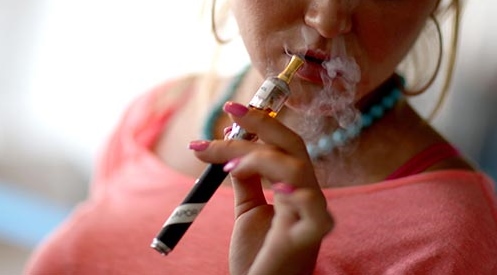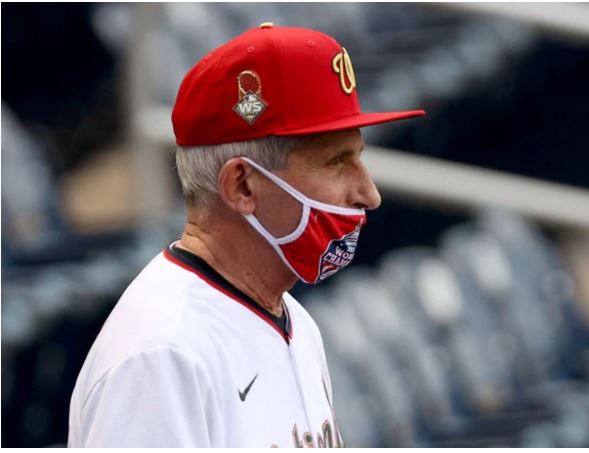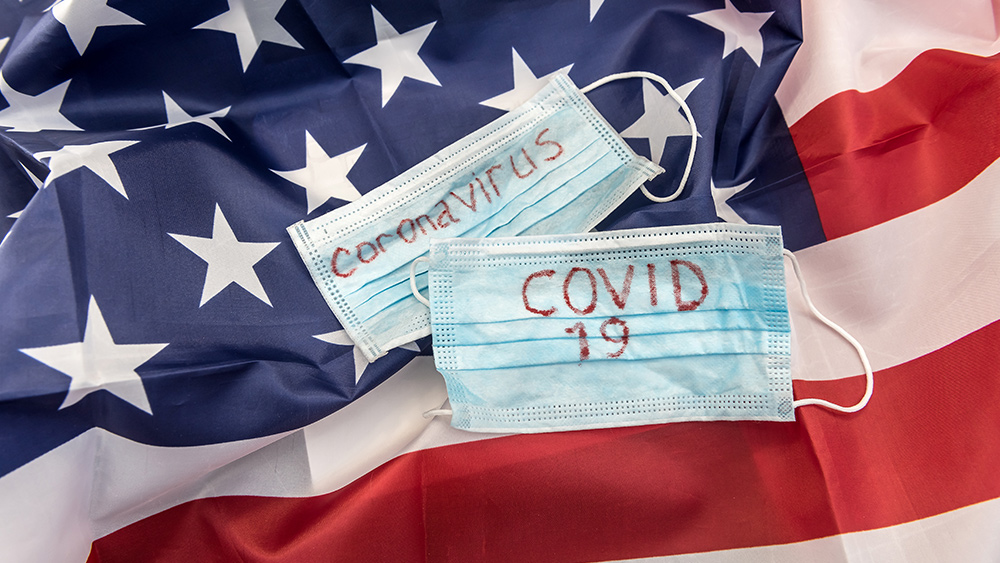Infected patients develop long-term immunity to coronavirus
09/28/2020 / By Evangelyn Rodriguez

People infected by the coronavirus develop long-term immunity to COVID-19. A new study published August 14 in the journal Cell presented evidence that the immune system is capable of preventing the recurrence of the disease, thanks to specialized immune cells that commit the virus into memory.
Memory T cells are a type of white blood cell trained to recognize specific antigens — molecules unique to a particular virus or bacteria that evoke an immune response. The main function of memory T cells is to protect the body from a previously encountered pathogen, and they do so by triggering a faster and stronger immune response the next time they encounter the same pathogen.
According to a team of researchers from Sweden, Denmark and the U.K., people who have been exposed to the coronavirus (SARS-CoV-2) develop adaptive immunity to it, regardless of whether their symptoms were mild or severe. Even COVID-19 survivors and patients who tested negative for coronavirus-specific antibodies have this type of immunity, thanks to their body’s resident memory T cells.
The team’s findings of robust memory T cell responses in a mixed pool of COVID-19 patients and survivors in Sweden back these claims.
“SARS-CoV-2-specific memory T cells will likely prove critical for long-term immune protection against COVID-19,” they wrote in their study. (Related: 5 Effective ways to boost immunity during the coronavirus outbreak.)
Virus-specific T cells or antibodies – which one is better?
Antibodies are well-known for their role in immunity. These Y-shaped proteins are produced by white blood cells called B cells to neutralize toxins and block pathogens from infecting cells. Antibodies recognize antigens and bind to them. While they don’t kill viruses or bacteria on their own, antibodies initiate responses that lead to the destruction or removal of pathogens from the body by specialized immune cells.
Owing to their ability to neutralize viral infectivity, scientists have explored the possibility of using SARS-CoV-2-specific antibodies produced by COVID-19 survivors to develop a treatment for the disease. The threat of a possible second infection by the coronavirus also forced them to look at whether patients developed long-term immunity with the help of specific antibodies.
Unfortunately, recent investigations all revealed one thing: Coronavirus-specific antibodies don’t stick around for long. They usually disappear two to three months after recovery. According to some experts, these findings highlight the need for strong vaccines, since the immune system cannot provide immunity that lasts long enough to allow people to achieve herd immunity.
But in a new study, European researchers showed why they disagree and reminded people that antibodies are not the only components of the immune system capable of providing pathogen-specific protection. Memory T cells, which can remember previously encountered pathogens, can easily detect SARS-CoV-2 through its signature antigen and initiate a strong immune response in case of a reinfection.
After examining blood samples from patients with mild or severe COVID-19, patients who have recovered from either, and healthy volunteers, the researchers reported that exposure to the coronavirus elicits robust T cell responses. In patients with mild or severe COVID-19, they found that cytotoxic T cells, which are primed to destroy infected cells, were highly activated, while in recovered patients, the less destructive memory T cells were present.
Interestingly, the researchers detected SARS-CoV-2-specific T cells in the blood of both current and recovered patients who tested negative for SARS-CoV-2 specific antibodies. Altogether these findings show that infected people develop adaptive immunity to the virus. Their robust, highly functional memory T cell responses also suggest that they have active virus-specific protection against a possible second infection. And because memory T cells stick around for years, this protection can be expected to last for a long time.
Built-in immunity even without exposure
Two separate studies published in Nature in July also discussed T cell immunity in patients with COVID-19. Two research teams detected functional T cells that reacted to coronavirus proteins in their respective sets of patients. Both teams reported the same interesting finding: They detected SARS-CoV-2-reactive T cells even in uninfected individuals.
In the first study — published two weeks earlier than the second study — researchers found that the T cells in uninfected participants behaved slightly differently from those found in recovering patients. While both sets recognized the coronavirus, the former targeted different regions of the viral protein than the latter. The second study also reported a similar pattern.
According to both teams, this unusual finding can be attributed to cross-reactivity. This phenomenon refers to when T cell receptor proteins recognize more than one antigen. Cross-reactivity in the human immune system has been documented by previous studies, but scientists are still unsure why it happens.
In the case of SARS-CoV-2, they believe that the T cells they found in uninfected individuals were originally activated because of previous exposure to other coronaviruses. And thanks to cross-reactivity, these T cells recognized fragments of the SARS-CoV-2 protein. In the first of the two studies to be published, the researchers noted that the protein regions recognized by T cells in uninfected individuals can also be found in animal betacoronaviruses.
If this hypothesis involving cross-reactivity is confirmed, then this strange phenomenon may help explain why there are mild and severe cases of COVID-19.
Science.news has more on the latest findings about the coronavirus and immunity.
Sources include:
Tagged Under: adaptive immunity, antibodies, cool science, coronavirus, covid-19, discoveries, herd immunity, immune system, immunity, infections, long-term immunity, memory T-cells, outbreak, pandemic, prevention, research, SARS-CoV-2, second infection, viral infection
RECENT NEWS & ARTICLES
ImmuneSystem.News is a fact-based public education website published by Immune System News Features, LLC.
All content copyright © 2018 by Immune System News Features, LLC.
Contact Us with Tips or Corrections
All trademarks, registered trademarks and servicemarks mentioned on this site are the property of their respective owners.




















